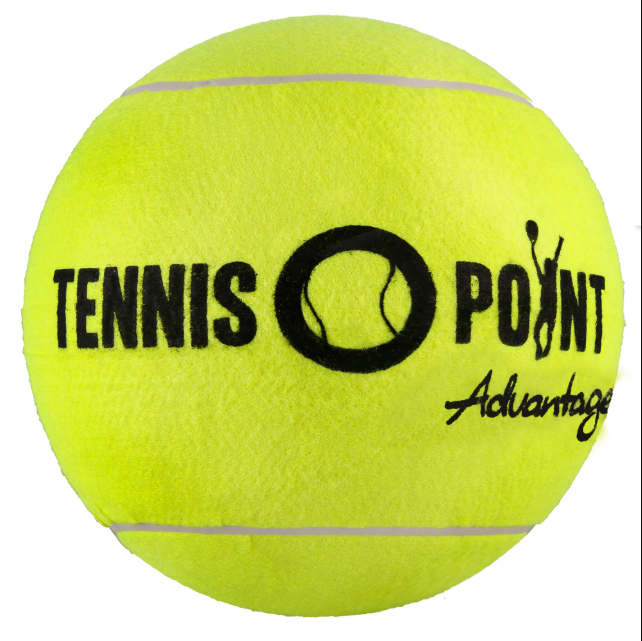Introduction: Tennis Is More Mental Than You Think
Tennis is often seen as a physical sport. Players run fast, hit hard, and need stamina. But behind every powerful serve and backhand lies an equally important factor — mental strength. The psychology behind every tennis point plays a big role in deciding whether a player wins or loses. In this article, we’ll explore how focus, mindset, emotional control, and mental preparation impact every single point in tennis.
Why Every Point in Tennis Matters
Tennis is unique because each point can shift the momentum of the match. Unlike other sports where a single mistake may not matter much, in tennis one lost point can break your serve, shift confidence, or open the door for your opponent. That’s why top players treat every point with equal importance — whether it’s the first point of the match or a match point.
The Role of Focus in Winning Points
Focus is the foundation of consistency. If a player loses focus for even one moment, they might double-fault, miss a volley, or make an unforced error. Here are some ways tennis players can improve their focus:
- Pre-point rituals: Bouncing the ball a certain number of times before serving.
- Visualizing the shot: Thinking of the next move before the rally begins.
- Blocking distractions: Learning to shut out crowd noise, weather, or opponent behavior.
Mental Reset After Every Point
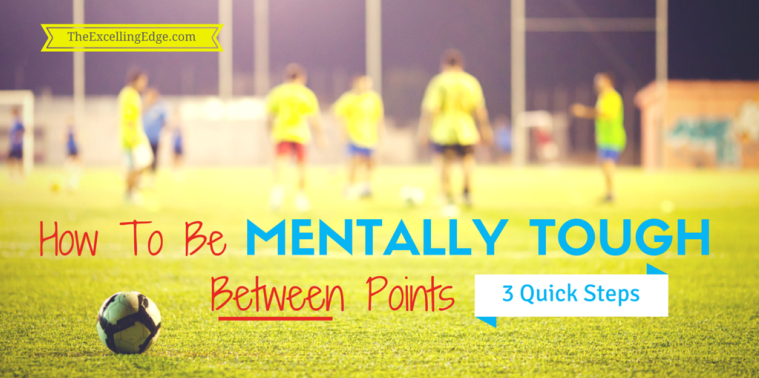
Whether you win or lose a point, what matters most is how quickly you reset your mind. Dwelling on past mistakes or celebrating too early can hurt your next point. Champions like Rafael Nadal or Novak Djokovic are known for their ability to quickly move on from errors.
Tip: Use the 20-25 seconds between points to breathe deeply, calm your mind, and prepare for the next rally.
Positive Self-Talk: Your Internal Coach
What you say to yourself during a match can either lift you or destroy you. Positive self-talk helps players stay confident, calm, and motivated.
Examples include:
- “I’ve got this.”
- “One point at a time.”
- “Stay calm and hit through the ball.”
Avoid negative thoughts like:
- “I always choke under pressure.”
- “I can’t beat this player.”
- “I’m making too many mistakes.”
Building Mental Toughness Through Practice
Mental toughness isn’t natural for everyone — it can be developed over time. Practicing under pressure conditions can simulate match stress and help you manage nerves better.
Training Techniques:
- Tiebreak simulations
- Point-based drills with consequences (e.g., lose the point, do 10 pushups)
- Practicing in noisy or uncomfortable conditions
Emotions and the Tennis Point
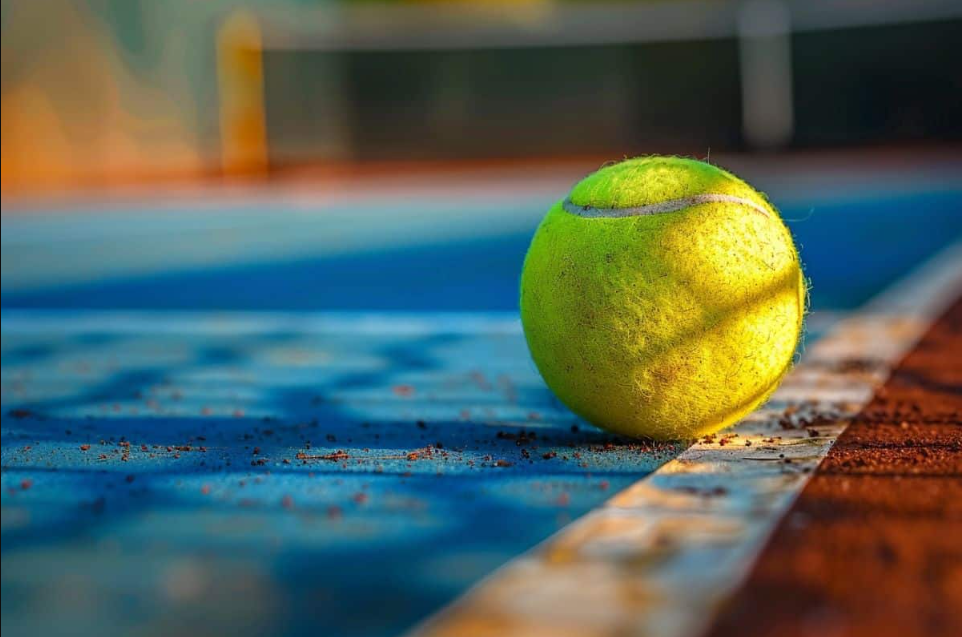
Tennis can bring out intense emotions — frustration, anger, joy, nervousness. The trick is to manage these emotions without letting them affect your next point. Emotional control helps you maintain balance during ups and downs.
How to Control Emotions:
- Take slow breaths after intense rallies.
- Use a towel break to calm down.
- Practice mindfulness or meditation regularly.
Confidence: The Secret Weapon
Confident players are more aggressive, make smarter decisions, and recover from mistakes faster. Confidence is often built from small wins — like winning short rallies, hitting aces, or breaking an opponent’s serve.
Ways to Boost Confidence:
- Track your progress in training.
- Watch videos of your best performances.
- Remember past victories and comebacks.
Visualization Before the Match
Visualization is a mental rehearsal where you see yourself winning points before you actually play. It helps condition your brain to respond better under stress.
How to Do It:
- Close your eyes and picture yourself hitting perfect shots.
- Imagine your reactions after tough points.
- Visualize your game plan against different types of opponents.
Handling Pressure Points (Break Points, Set Points, Match Points)
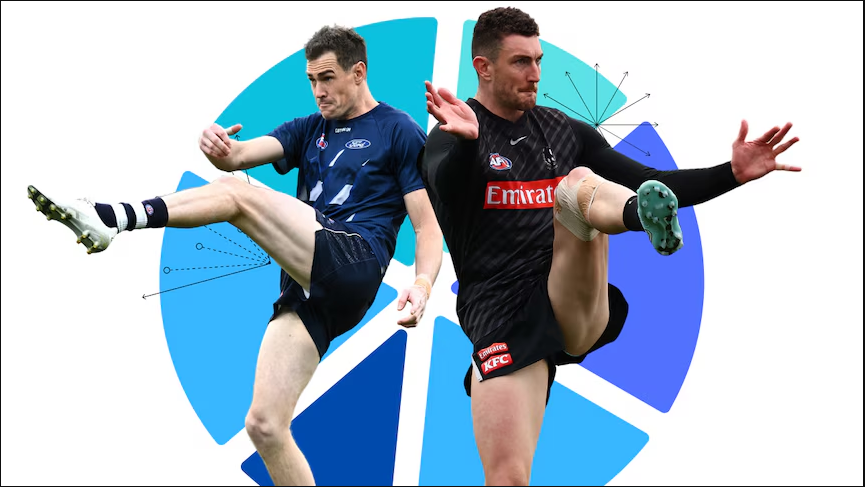
High-pressure points often decide the outcome of matches. Learning how to handle these points mentally is a major part of becoming a better player.
Tips for Pressure Moments:
- Stick to your best shot — don’t experiment.
- Focus only on the point, not the score.
- Use your routine to stay calm.
The Importance of Routine Between Points
Professional players follow strict routines between points — not just for consistency but to maintain mental clarity.
Example Routine:
- Turn back from the baseline.
- Look at the strings or bounce the ball.
- Take a deep breath.
- Return to serve or receive position.
This routine helps the mind reset, refocus, and refuel.
Recognizing and Exploiting the Opponent’s Psychology
Tennis is a battle of minds. If you sense your opponent is frustrated, tired, or nervous, it’s your chance to apply pressure. Watch for body language cues like:
- Slouched shoulders
- Talking to themselves
- Rushed serves
- Avoiding eye contact
Using these signs, adjust your strategy. For example, hit longer rallies to tire them out or push them out wide more often.
Staying in the Present Moment
The biggest psychological mistake players make is thinking too far ahead — “What if I win?”, “What if I lose this game?”. These thoughts increase anxiety.
How to Stay Present:
- Focus on your breathing.
- Concentrate on the feel of the racket.
- Watch the ball closely.
- Think: “Only this point matters.”
Mindset for Comebacks
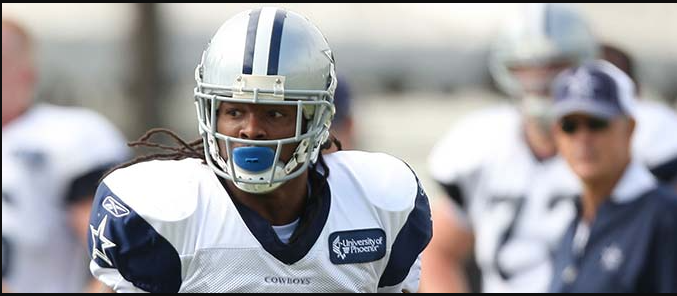
If you’re down 0-4 in a set or even two sets down, don’t give up. Many tennis matches are won by players who fight back one point at a time.
Comeback Mindset:
- “Every point is a new start.”
- “Stay calm and grind it out.”
- “Make the opponent earn every single point.”
About Tennis Psychology
Q1: How can I stop overthinking during matches?
A: Use short mantras like “hit through” or “stay calm.” Stick to a routine and focus only on one point at a time.
Q2: What should I do after a double fault?
A: Don’t panic. Take a breath, repeat your serving motion mentally, and move on. Everyone makes mistakes — even pros.
Q3: How can I mentally prepare before a big match?
A: Visualize your game plan, warm up properly, and remind yourself of your strengths. Block out thoughts of the outcome.
Q4: Is it okay to show emotions on court?
A: It’s natural, but don’t let it affect your next point. Use your emotions constructively — channel them into energy, not frustration.
Q5: How do professionals stay so calm during tiebreaks?
A: Years of practice under pressure and following strict routines. You can build this too by training your mind like a muscle.
Conclusion: Master Your Mind, Master the Match
In tennis, physical ability may win rallies, but it’s the mental game that wins matches. Understanding the psychology behind every tennis point gives you an edge over opponents. By focusing, resetting, managing emotions, and believing in yourself — you can transform how you play. Every single point is a battle of the mind, and when your mind is strong, victory is within reach.

